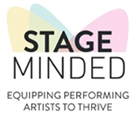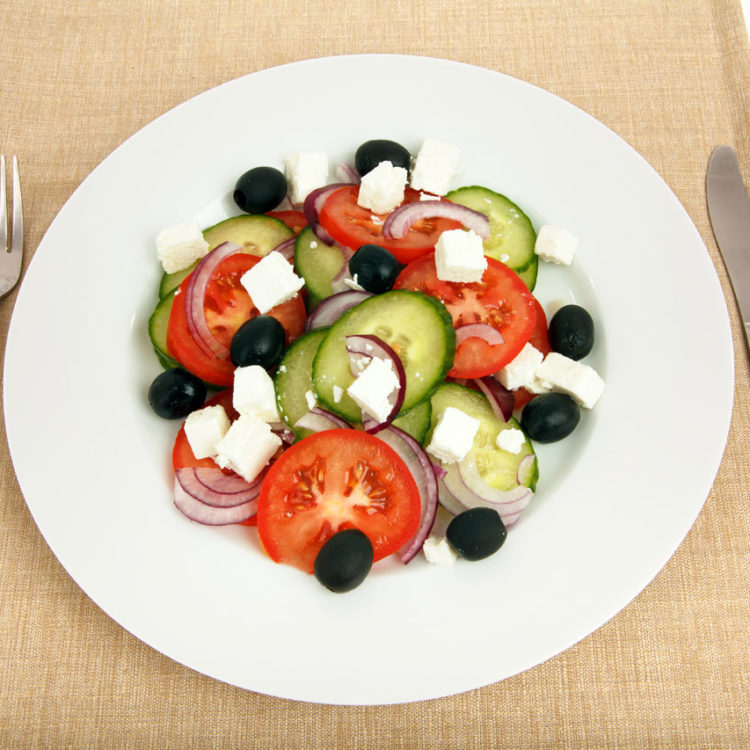Food – friend or foe? Part 2
So, here it is, Part 2 on Food – friend or foe? (The friendly part) For those who missed it, Part 1 is over here!
Now, I’m not a nutritionist, so you won’t be hearing me say to go out and eat bucket loads of kale (although I do hear its good for you!). I am a counsellor, so instead I’ll be talking about the mindsets & attitudes toward food & eating that can help it remain (or become!) a relaxed, healthy part of life.
Food as friend = Freedom
To start with, a healthy relationship with food needs to be based on freedom not control… so how do you define freedom with food?
Does it mean you can eat anything & everything you want, all the time?
Well, no.
Those who struggle with binge or over-eating know that this is not freedom, but comes plagued with guilt and low self-esteem (plus a whole bunch of other health side-effects).
Freedom with food implies a healthy balance. A balance between loving food, and loving yourself. When we tip the scales either way, we get into unhealthy patterns:- When food is an enemy, it becomes loaded with emotional power over you
- When you don’t love yourself, you don’t look after yourself and food can get in the way of your sense of self-worth
So, you need to learn how to love food and love yourself at the same time. This will mean:
- Eating is a part of how you nurture and care for yourself
- You eat a full and balanced range of foods. You don’t have banned foods, or strict rules, but you do have healthy boundaries out of care for yourself.
- You eat regularly to make sure your body always has the energy you need for your dancing and to prevent starve-binge cycles
- You eat mindfully, really enjoying the experience of eating and also being attentive to when you are hungry and when you are full so you know when you need to eat and when you need to stop
Now, that all sounds great, doesn’t it? But in reality, it’s not like you can just flip a switch and suddenly be all balanced about food after you’ve gotten yourself into some bad habits. So here are some ideas for making the transition.
Self-worth
Remind yourself that your body-image isn’t the only measure of your self-worth, it is just one small part of you. The more balanced your view of your self-worth is, the less power food and eating will have over how you feel about yourself.
Start by writing a list of all the things you like about yourself that aren’t related to your body & appearance. Think of your personality, your skills and talents, your sense of humour, things you have done that you are proud of… Try not to discredit these things as unimportant compared to your body-image.
Remember, you are valuable because you are YOU – a completely unique and unrepeatable miracle of God – no-one else is quite like you. Your self-worth is inherent, not dependent on your body shape or looks.
Facing difficult feelings
A lot of the time, dancers’ issues with food revolve around using food and eating patterns as a way to avoid experiencing difficult emotions. How do you deal with uncomfortable emotions like stress, fear, anger, frustration, sadness, loneliness, anxiety, shame?
Most people try to avoid these sorts of feelings at all costs, hoping they’ll just disappear. But one of the quickest and best ways to get beyond any uncomfortable feeling is to actually allow it some space to be felt, acknowledged and accepted as ok. E.g:I’m pretty stressed right now about whether I will ever find a job, if I’m good enough as a dancer, and so I have a really strong urge to eat a lot of marshmallows!
A good experiment is to see how long you can hold these difficult feelings without doing anything about them, judging them or trying to make them go away, just accepting that’s how you feel.
You might find that initially you feel like you’re going to explode (“I’m SOOOO stressed, I MUST eat marshmallows NOW!”), but if you stick with it, after a little while you’ll notice that you can actually handle having those feelings without acting on them.Yep, I’m pretty stressed right now. Actually, I’m quite tense… And I really would like to avoid feeling so stressed by focussing on eating marshmallows instead. Yeah, that’s how I feel… stressed and wanting to avoid it. That’s ok.
At some point, you may find yourself heaving a sigh of acknowledgement and finding the stress is more manageable somehow and you don’t even need to eat marshmallows to cope with it. Or you might think of other ways altogether to help you alleviate your stress.
You can use this for any situation, such as when you don’t like what you see on the weighing scales (or in the mirror!), or when you feel fat after you eat. See if you can find a way of accepting how you feel without using eating (or not eating) to avoid or control it.
… Well, that’s all for now. I hope these thoughts help you find a healthier relationship with food. And if you missed Part 1 and want to catch up, find it here!
If you are struggling with food & eating and feel like it is interfering with your self-worth and ability to enjoy your dancing & other parts of life, don’t be shy to visit your local doctor or seek the help of a registered counsellor or dietitian.
Remember, I’m here to help, so please drop me a line or leave a comment if you’d like some support!
🙂 Philippa

